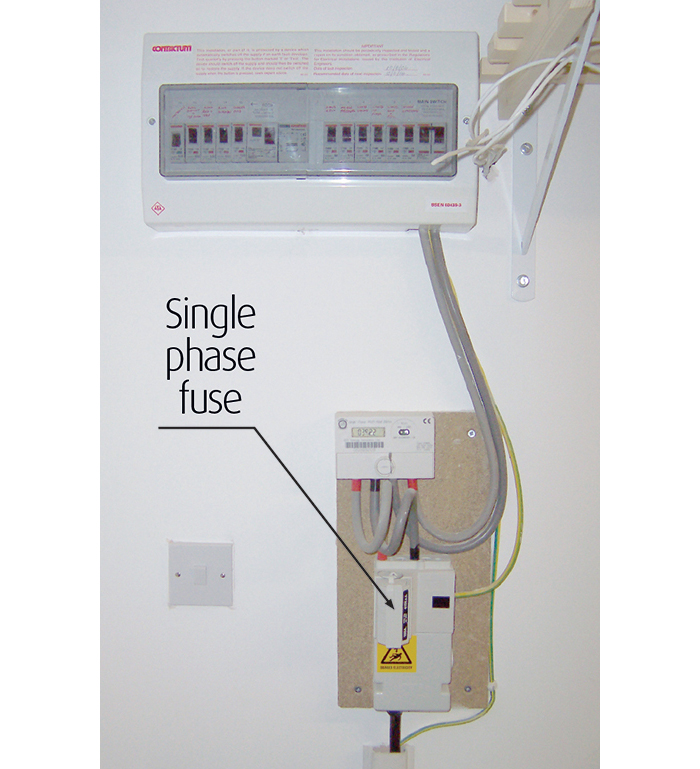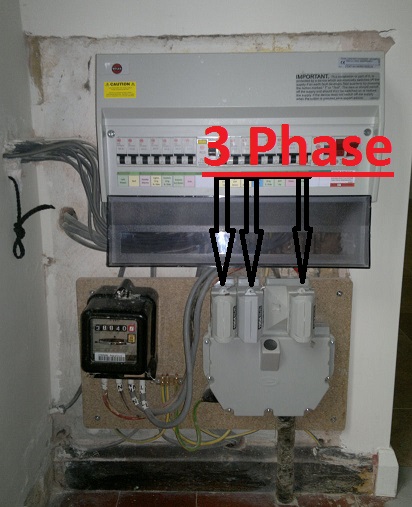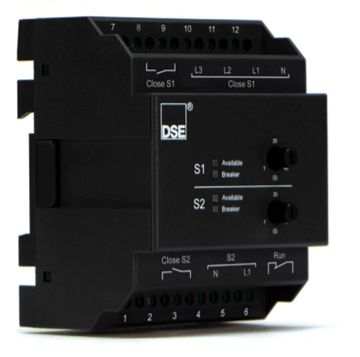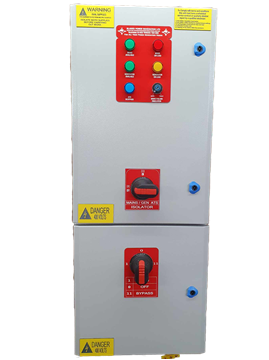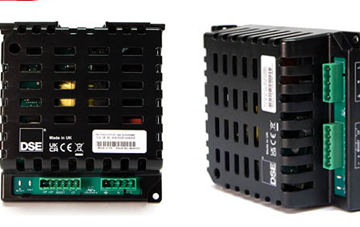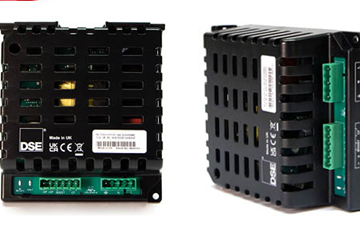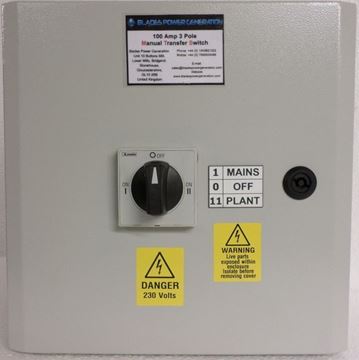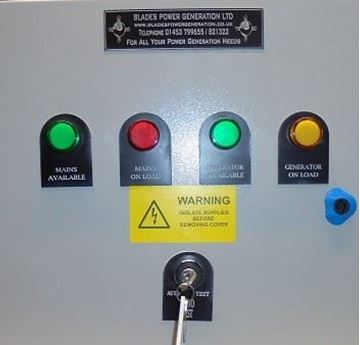More and more people today are investing in a standby generator for their homes because of the possibility of greater numbers of power outages. There is a definite increase in violent storms, the like of which we have not seen since October 15th 1987, and these can bring down power lines and cause blackouts.
Buying and installing a standby generator for your home or business will give you the peace of mind that you know you will still have power if or when the worst happens.
To some extent, a standby generator is a matter of choice. For some people, even one blackout is enough to warrant a purchase, but if you live in an area with frequent (more than three a year) or long blackouts, then it becomes something of a necessity.
Generators come in different sizes, depending upon the mount of power that you need. This is not just related to the size of your home, but more to the complexity, or otherwise, of your electrical system, especially if you have air conditioning. You will need an electrician to calculate the size of generator that you need.
Manual or Automatic Changeover Switches?
You also need to decide whether to install a manual changeover switch or buy an automatic transfer switch in the UK. If you have a manual changeover switch, it means that when the power goes down you will have to manually start the generator and then switch over when it is up and running. That’s OK if you are at home or on your business premises when the power goes down, but it means that if you are not at home then there will be no electricity. In turn, that means that your fridge and freezer won’t be running, along with anything else such as a water heater or the heater that keeps the tank of your pet gecko at the right temperature.
If you buy an automatic transfer switch in the UK, then that will detect the power outage, fire up the generator and then automatically switch over, so your home is only without power for a matter of seconds.













